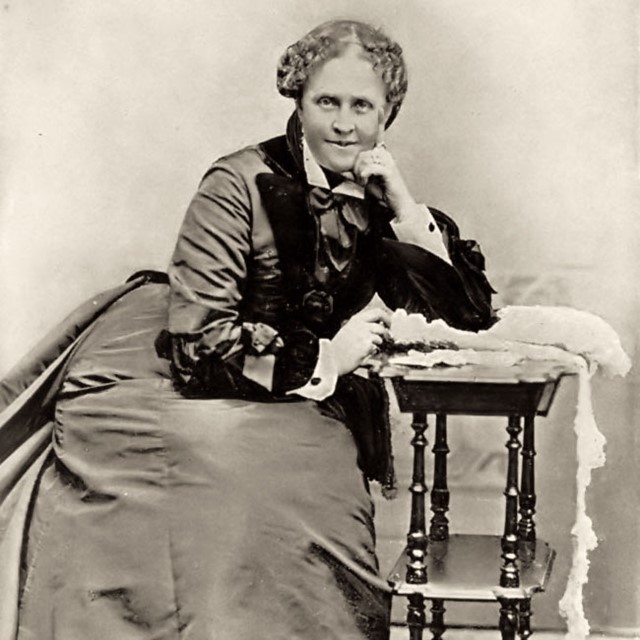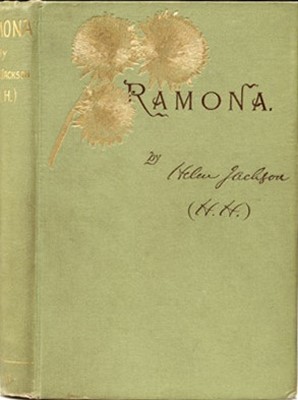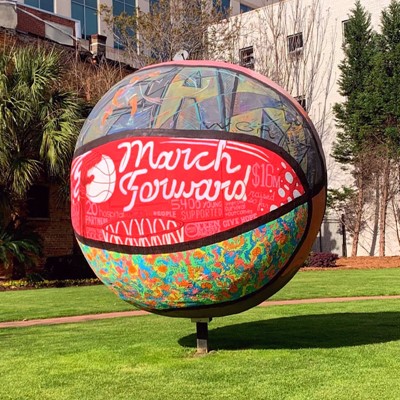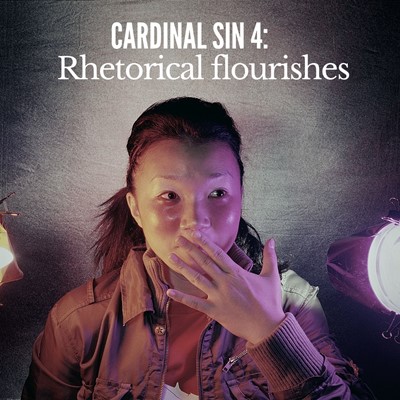
The Buckley School's founder believed all public speakers should hone their presentation skills by reading poetry out loud. We keep that worthwhile practice alive by including a poem in our magazine each month for you to read aloud. Above, a photograph of Helen Hunt Jackson.
"Contrary to popular belief, you do not need to wait until the first frost to harvest your grapes. Having said that, you can still harvest grapes after some light frost. You might even find that the frost sweetens the grapes a little."
– Professional Home Economist Getty Stewart backing up Helen Hunt Jackson's poetic observation on frost
A lifelong friend of Emily Dickinson, admired by Ralph Waldo Emerson, Helen Hunt Jackson overcame an abundance of tragedies and challenges to become a successful writer and vocal advocate for the rights and welfare of Native Americans.
Born in 1830, Helen Maria Fiske was the daughter of an Amherst College professor and minister and was raised a Unitarian. Her mother died when Maria was just 14. Her father died three years later. Young Helen attended a boarding school in New York where she was classmates with fellow Amherst native Dickinson. The two corresponded throughout their lives.
At age 22, she married U.S. Army Captain Edward Bissell Hunt and had two sons, both of whom died as children. Her husband was also killed while conducting an experiment with one of his marine inventions. By age 35, Helen Hunt was mourning the loss of her entire family and turned to writing and travel for solace.
Her first published poem appeared in The Atlantic in 1869, and she continued to find success as both a poet and novelist. She also married a wealthy railroad executive and added his last name, becoming Helen Hunt Jackson.
After hearing a lecture by Standing Bear in 1879 about the Great Sioux Reservation, Jackson became a vocal critic of U.S. policies and actions toward Native Americans and wrote the book A Century of Dishonor, which she sent to every member of Congress.

Four years later, her novel Ramona about a Native American woman became a popular success. Though Jackson died in 1885 of stomach cancer, Ramona continued to be widely read and the book has never been out of print.
Below, a poem to read aloud about finding the silver lining (or perhaps that should be a yellow lining) in life's bouts with frost.
September
by HELEN HUNT JACKSON
O golden month! How high thy gold is heaped!
The yellow birch-leaves shine like bright coins strung
On wands; the chestnut's yellow pennons tongue
To every wind its harvest challenge. Steeped
In yellow, still lie fields where wheat was reaped;
And yellow still the corn sheaves, stacked among
The yellow gourds, which from the earth have wrung
Her utmost gold. To highest boughs have leaped
The purple grape,—last thing to ripen, late
By very reason of its precious cost.
O Heart, remember, vintages are lost
If grapes do not for freezing night-dews wait.
Think, while thou sunnest thyself in Joy's estate,
Mayhap thou canst not ripen without frost!






